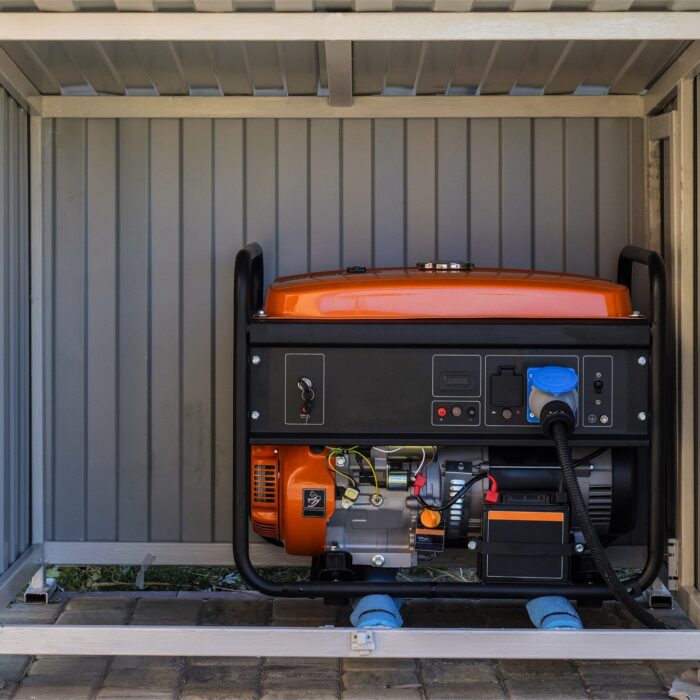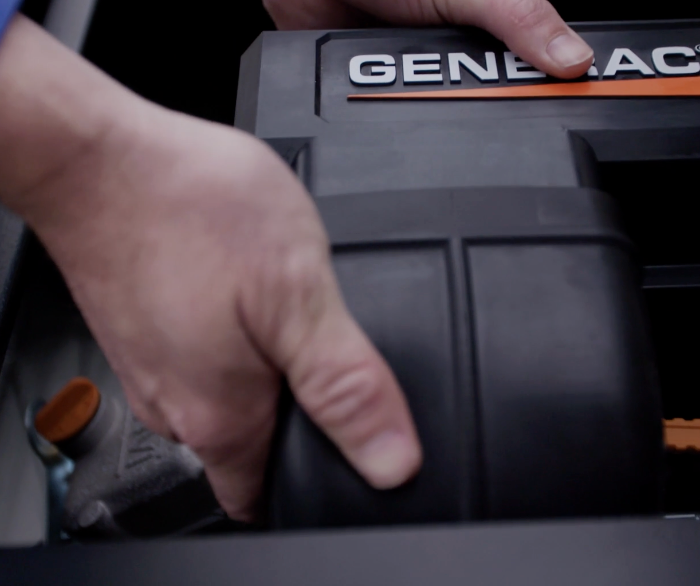The average American will experience over 8 hours of power outages per year. A standby generator can help you get through this inconvenience safely and seamlessly.
We’re going to discuss the basics of these types of generators and their many benefits. Read on to learn why a home standby generator is a worthwhile investment.
The Basics of Home Standby Generators
Generators convert mechanical energy into electricity. This electricity powers your home and appliances. It lets you turn on lights and home appliances. You also use this electricity to turn on or charge consumer electronics.
A home standby generator is also called a stationary generator. These whole-house generators are professionally installed and sit permanently in one location.
The main benefit of these generators is that they operate automatically. Even if there’s a power outage, the generator still works to supply power to your home circuits. This happens when an automated transfer switch senses the power loss and sends a signal to begin producing electricity.
Once the power returns, this same transfer switch automatically tells the generator to stop. The process of giving you electricity moves back to the utility instantly. Then, the generator sits outside your home waiting to provide power again during the next outage.
Standby Generator Use: A Long-Term Solution
Long power outages can last for several days. The longer you don’t have power, the more problems you’ll contend with.
Cell phones won’t charge, so your means of communication will be cut off. You won’t be able to turn on lights or run necessary household appliances. You also likely won’t have air conditioning without electricity, which can be unsafe and painful in the Southern sun.
Luckily, choosing a generator correctly can get you through these outages with enough power for everyday use. Portable generators work in a short pinch, but they’re not a sustainable long-term solution. They can’t run for several days on end, and many gasoline-powered portable options can only run between 6-16 continuous hours.
On the other hand, a standby generator can run for several days because of its size and permanent installation methods. It’s a great way to keep yourself moving during long outages, which is especially important in the Louisiana, Mississippi, or Alabama heat.
Safety in Use
Electricity is a safety necessity. You need a charged device to make emergency calls, and you don’t want to be left without air conditioning. But even in the unlikely event that a portable generator gave you the power necessary for these things, you still wouldn’t be as safe using them.
To set up or troubleshoot portable generators, you would need to handle power cords and gasoline. Standby generators don’t have this problem because they run automatically and for long hours. You won’t need to risk an electrical shock.
Additionally, carbon monoxide poisoning and gasoline-related fires are very real threats. It’s best to avoid these risks altogether by using a standby generator.
Steady Food Sources
Your refrigerator is among the most important electric-run appliances in your home. The same applies to your freezer. When you lose power, the food inside can spoil quickly.
The FDA recommends that food should be thrown out if you don’t have power for just four hours. A standby generator will provide you with immediate electricity so your food doesn’t go to waste in a nonfunctioning fridge.
Plus, without a charged cell phone or laptop, you’re not going to have the option to order delivery. You also may be stuck at home without food if it’s unsafe to go out (because of flooding or other unsafe weather conditions).
Keeping food safe needs to be a top priority.
Water Protection
Many people think of water as a separate utility from electricity, but this isn’t completely true. Those with well water need electrically-powered filtration systems for clean and safe water. If you don’t have fresh water, you won’t have anything to drink or bathe in unless you have a very large container system.
Your sump pump also needs electricity to run. These pumps keep basements and crawlspace dry, and without them, your home is at risk. You don’t want to ruin all your furniture and belongings in these spaces, and you also don’t want water damage or mold to become an issue.
Peace of Mind
A standby generator starts up on its own when it senses a power loss. This means that you’ll get immediate power if you’re out of the house. You don’t want your food to spoil because you were at work and didn’t realize there was a loss of electricity.
You also will know that you still have the ability to get online if there’s an outage. This is especially critical if you work from home and rely on an internet connection to make money.
High-Risk Areas
Some areas of the US are at higher risk for long blackouts than others. A 2023 study found that the states most likely to suffer a long blackout are Louisiana, Arkansas, Alabama, and Michigan.
Those who live in these high-risk areas are likely to lose power for many reasons. Hurricanes, heat waves, and massive windstorms are among these reasons. When these take place, you’re at a high risk of injury, and may need a charged phone to call an ambulance or light to stay safe.
A standby generator can give you the power needed to get through this hump. They’ll operate through heavy precipitation, tropical cyclones, and strong winds.
Get Started With a Quality Home Generator
While being left without power can be detrimental, a home standby generator can help you avoid the greatest impacts. Now that you know why choosing a generator is important, it’s time to begin the installation process.
Our team is committed to permanently installing whole-house generators outside of homes in areas with high risks of power outages. We offer a wide range of hand-selected generator models and turnkey installation, so contact us to get a quote for installation today.





